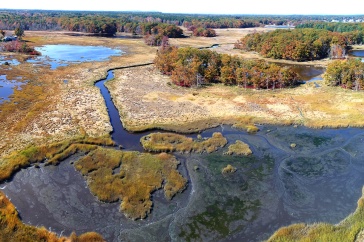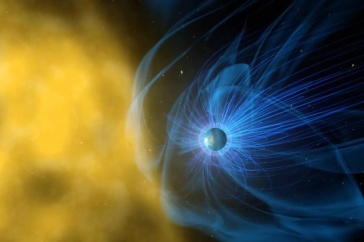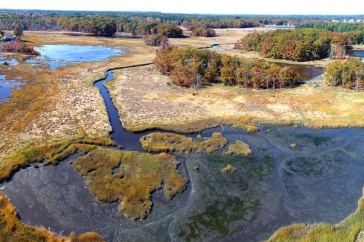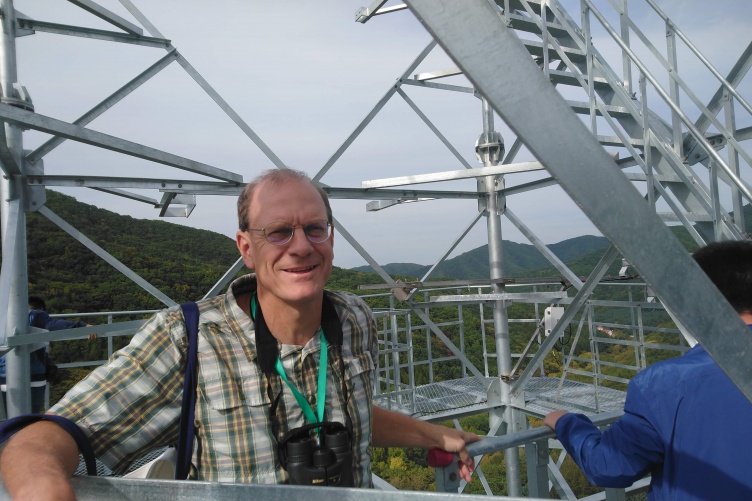
Erik Hobbie stands on a flux tower during a field trip to China's Qingyuan Forest.
Sometimes an extended trip abroad — or maybe a few — can offer new perspectives for those in the STEM fields. For Erik Hobbie, a research professor with the UNH Earth Systems Research Center (ESRC), his experiences in other countries have provided professional growth and new connections he might not have otherwise experienced — which is exactly why he keeps traveling.
To that end, Hobbie is spending the fall semester at Kyoto University in Japan this fall for his second fellowship with the Center for Ecological Research. While over there, he will work collaboratively with scientists from Japan and China to study forest dynamics that are affected by airborne pollutants and invasive species. He’ll use his expertise in isotope analyses to examine these topics, and he also plans to help his Japanese colleagues improve their English scientific writing skills if they will help him with his rudimentary Japanese.
Hobbie calls the fellowship “a wonderful chance to step back from the details and take a fresh look at the big picture, while learning how scientists from other countries operate." His connections with scientists from Japan and China have also opened up an avenue for scholars from those countries to conduct research with the ESRC over the past few years.
"[This fellowship is] a wonderful chance to step back from the details and take a fresh look at the big picture, while learning how scientists from other countries operate."
Hobbie’s overseas fellowship experience comes on the heels of volunteering for three weeks this summer with Teachers Across Borders — Southern Africa (TABSA), an organization founded by Yunus Peer '93 that is devoted to providing professional development workshops for middle school teachers in math and science. Hobbie supported teachers — including his wife, a teacher at Philips Exeter Academy — from New Hampshire, Hawaii and Oregon as they worked with over 100 rural South African teachers each week of the program this past July.
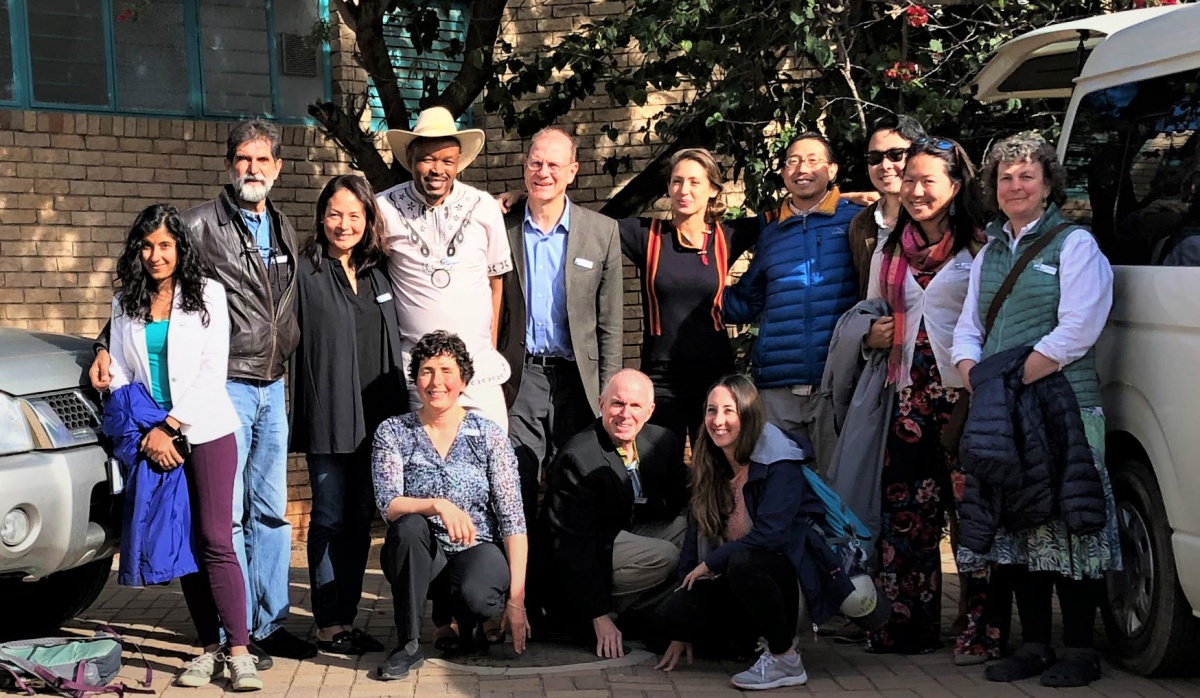
“It was a fantastic opportunity to help these expert teachers work closely with hundreds of South African teachers eager to improve their skills,” he says. “The legacy of apartheid there is such that teachers have had few mentors and are often faced with class sizes of 50 or more. They often rely on rote teaching in the British lecture style, but our team introduced their South African colleagues to skills and exercises that would allow their students to be active participants in their learning. The workshops are designed to share ideas on how readily available materials can be used to demonstrate concepts in math, biology, chemistry, physics, and Earth sciences.”
For example, they boiled red cabbage and used color changes in the liquid to identify the pH of lemon juice, vinegar, and household cleaners. In another instance, they added salt to water so it could conduct electricity, pushed two thumbtacks into the cap of a water bottle, and touched the leads of a nine-volt battery to the thumbtacks to complete the circuit. This was a simple and effective way to demonstrate the hydrolysis of water: causing the water to split into oxygen and hydrogen molecules, with twice as many hydrogen bubbles as oxygen bubbles. This hands-on approach to education is “much more engaging and will encourage dialogue not just between the teacher and students, but also among the students,” Hobbie explains, with one South African teacher commenting after the course that “you do not have to use complicated and expensive material in the classroom, nor need a science kit to conduct experiments. The tools to demonstrate key concepts can be found everywhere, even in common household items.”
Switching gears to prepare for his fellowship this fall, Hobbie has been studying with UNH Japanese teacher Sachiko Ikeda and is looking forward to experiencing the rich cultural history of Kyoto.
And while he’s there, he just might climb Mt. Fuji, too.
The Institute for the Study of Earth, Oceans, and Space (EOS) is UNH’s largest research enterprise, comprising six centers with a focus on interdisciplinary, high-impact research on Earth and climate systems, space science, the marine environment, seafloor mapping, and environmental acoustics. With more than $43 million in external funding secured annually, EOS fosters an intellectual and scientific environment that advances visionary scholarship and leadership in world-class research and graduate education.
-
Written By:
Rebecca Irelan | Institute for the Study of Earth, Oceans, and Space | rebecca.irelan@unh.edu | 603-862-0990















































